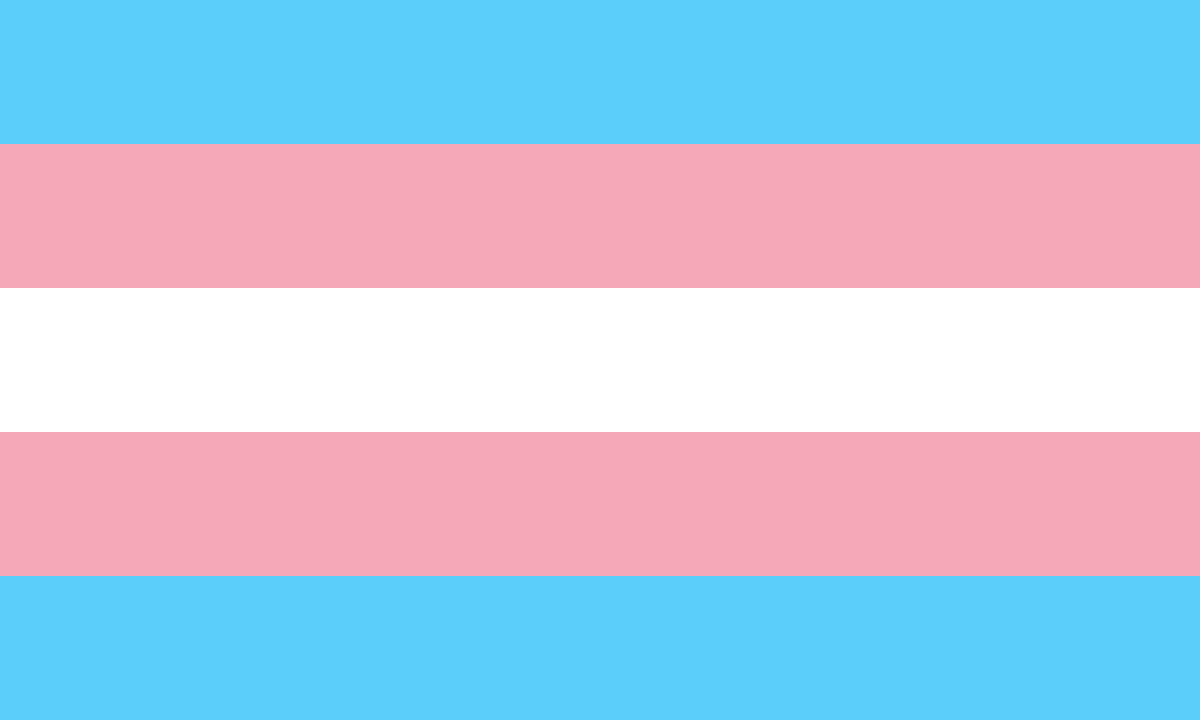And then unblocked, which is how these things go.
A Texas law banning transgender youth from accessing puberty blockers and hormone therapy will go into effect next week after the state attorney general’s office filed to block a judge’s temporary injunction against Senate Bill 14.
In her decision Friday, state district court Judge Maria Cantú Hexsel wrote that SB 14 “interferes with Texas families’ private decisions and strips Texas parents … of the right to seek, direct, and provide medical care for their children.”
In response, the attorney general’s office filed an appeal with the Texas Supreme Court, a move that automatically pauses Cantú Hexsel’s injunction and will allow the law to go into effect Sept. 1. The attorney general’s office said such medical treatments are “unproven” and “pushed by some activists in the medical and psychiatric professions” in a statement announcing the appeal Friday evening.
Texas lawmakers passed SB 14 during this year’s regular legislative session, in addition to several other pieces of legislation affecting the lives of LGBTQ+ people.
Texas families and doctors sued the state in July with the hope of blocking the law. They argued SB 14 violates the Texas Constitution because it strips parents’ rights to make decisions about their child’s health care and discriminates against transgender youth by prohibiting access to this population specifically.
Cantú Hexsel’s injunction would have blocked the state attorney general’s office, the Texas Medical Board and the Texas Health and Human Services Commission from enforcing the law. She wrote that transgender youth and their families would “suffer probable, imminent, and irreparable injury” if SB 14 went into effect while the legal battle ensues. A trial is set to begin May 6.
The judge indicated the lawsuit would likely succeed. Agreeing with the plaintiffs, she said that SB 14 was unconstitutional because it violated parents’ rights to make decisions about their children, infringed on doctor’s freedom to practice medicine and discriminated against transgender youth by withholding access to health care.
“This Act was passed because of, and not in spite of, its impact on transgender adolescents, depriving them of necessary, safe, and effective medical treatment,” the judge wrote.
See here and here for some background. Because the TRO was appealed, the ruling was automatically put on hold pending the appeal; I know this is the process for a certain class of litigation, I’m not fully clear on what the definition is but I know this falls under it. As was the case with the Harris County lawsuit over the law removing the county Elections Administrator, the plaintiffs will have to file an emergency motion with the Supreme Court to get the TRO reinstated pending the appeal, which may or may not work. We’ll see what they do.
This lawsuit was filed in state court, which I believe was done to get a restraining order in place before the law goes into effect. I am not aware of any federal lawsuits against the bill at this time, but one could still be filed. There has been success against these laws at the federal district court level in other states, though it must be noted that one of those rulings, over the Alabama law, was reversed by the 11th Court of Appeals, which puts this matter on a track for SCOTUS. It’s scary out there and I don’t know that it’s going to get better any time soon. Do what you can to support you family and friends who are affected by this, and keep working to elect better people so we can stop these laws from passing and repeal the ones that have passed. It’s the only way at this point. The 19th has more.

